Nicola Mowbray Young , writing under NM Young, was at the sharp-end of policing in the north-east for thirty years.
When she writes about a drug bust in Aberdeen, describes an addict, conjures up the mood inside a team of detectives or the fear inside an abused woman, she doesn’t need to research it.
She knows it inside out.
Her debut novel, Damage Limitation plunges straight into the uneasy heart of the Aberdeen drugs scene, with a powerful theme of domestic abuse running alongside.
Nicky, as she prefers to be known, was brought up in the Bucksburn area, and later on in Blackburn, Aberdeenshire.
Her father Neil Mowbray was also in the police in Aberdeen, spending most of his career as a DI in CID, ‘dealing with more murders than Taggart’, as the family likes to joke.
Nicky wanted to join the police even as a child
Nicky decided from a very early age that she too wanted to go into the police force —particularly when a dog-handler colleague of her dad’s visited the house with his dog, also named Nicky.
Two-legged Nicky wondered why her dad didn’t have a free police dog and instantly that this was the route she wanted to go when she grew up.
She never did end up as a dog handler, swapping that idea for a camera instead when she left school.
Nicky said: “When I told him I wanted to go into the police, Dad wasn’t encouraging, advising me to get a trade first in case things didn’t work out.
Nicky’s father wanted to protect her
“I see now that he wanted to protect me, something I’ve since come to appreciate.
“So when I left school I jumped at the chance to become a trainee medical photographer.”
Nicky was already a keen photographer, fitting her hobby in alongside her sporting prowess.
She began kayaking in her school days, later reaching Division One in slalom, and representing Scotland for several years as part of the national canoe polo team.
And all the while, she dreamed of writing a novel. She was to be found in the library every Saturday, borrowing and devouring books.
Medical photography was the perfect start
Medical photography was a good grounding for everything that was to follow.
Nicky said: “I had to do everything from photographing architect and equipment, to staff portraits, slides for learning, operations before and after.
“As a teenager I had to speak to people from all walks of life.
“Pathology work was difficult for some. You had to learn to deal with a sudden death.
“a lot of trainees were frighted by the mortuary, but I wasn’t.
“I compartmentalised it. It was ‘just business’.”
After three years as a medical photographer, the chance came for Nicky to join Grampian police on two years probation as a beat constable.
She was posted in Inverurie in 1992, and loved it.
Nicky said: “It was such a good grounding.
First on the murder scene
“I was first on the scene at when Harold Petrie was murdered at the Inverurie Locos club in 1995 as part of a robbery attempt.
“I found him lying on the pavement, and did CPR.
“His wife was still in the building, and I knew the family.
“It was shocking that this thing had happened in such a small place.”
But it was a pivotal point in Nicky’s career.
She was asked to join the murder inquiry team and ended up giving evidence in the High Court, resulting in life for the killer and a four-year sentence for the man’s brother for assault and robbery.
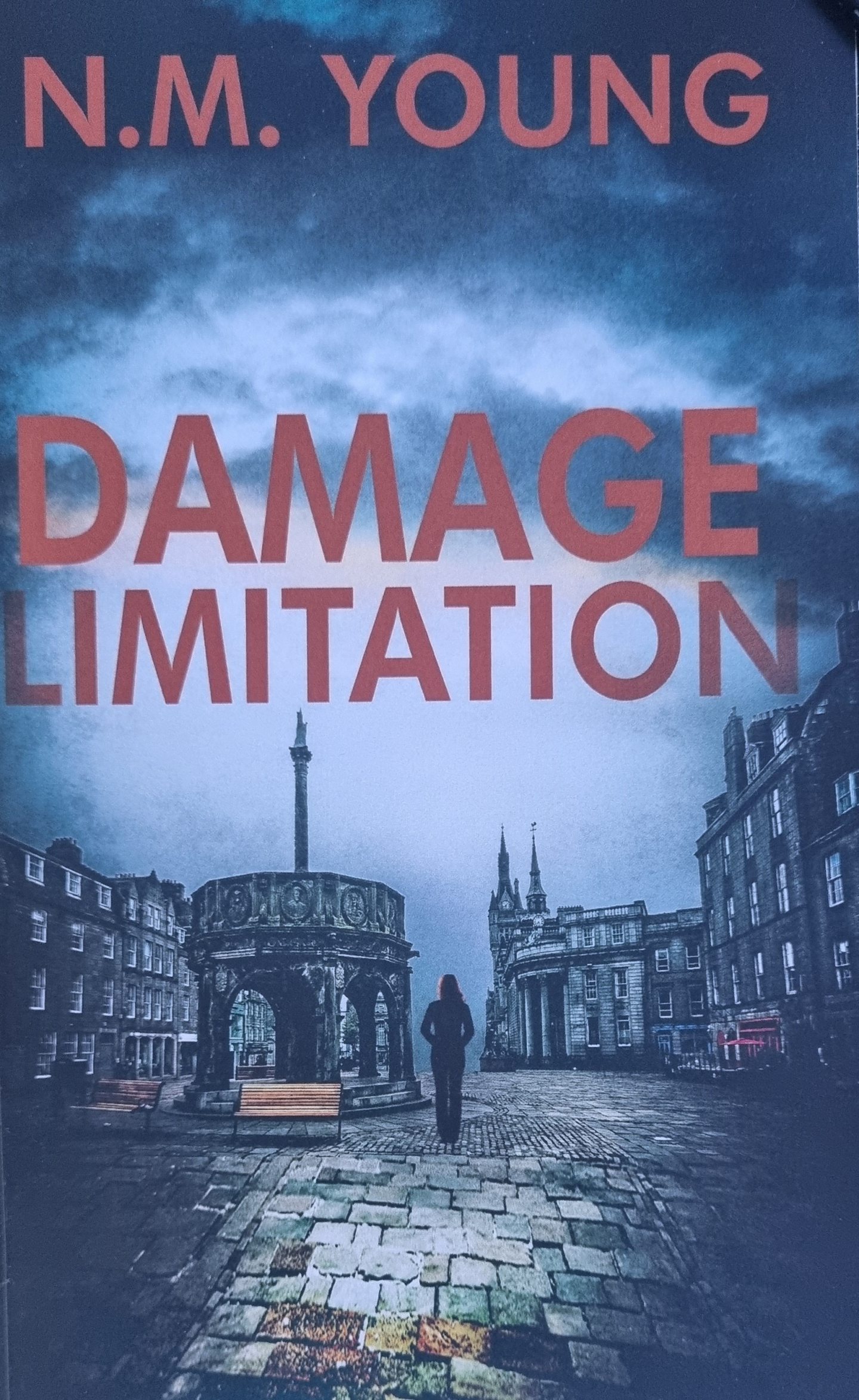
Is any part of this experience in Nicky’s novel, Damage Limitation?
No, she says emphatically.
“Because there are so many experiences over the years, so you know what a murder is like, how it looks, how it feels, how it smells, the likely reactions of those involved.
“I draw from this mass of experience in the book.”
How did Nicky cope with the steady drip of horror that policework involves?
She said: “It’s not a fit for everyone.
How Nicky dealt with the challenges of the job
“I’m probably lucky the way my brain processes it. It’s ‘just business’, but I couldn’t get through it without the support of friends and family.
“Your social life is a goner, and sometimes the only way people can keep up with you is when you’re on screen, appealing for witnesses.
“Little things count. I remember one time when I was going through a particularly bad road death investigation and I came home to find a couple of bottle of wine on the doorstep from a friend.
“Things like that make a massive difference.”
Nicky’s photography and audio-visual skills were put to good use when she joined the Scottish Crime Squad, most recently known as the Organised Crime and Counter Terrorism Unit.
She became an expert in surveillance, working on several high-profile drugs and serious crime cases.
Nicky draws from her time in surveillance
The character in her novel, DC Lucy Russell also works in surveillance and when we find her is working on a high-profile drugs case.
Nicky writes the scenarios vividly.
She said: “I freak my friends out, but I know instantly when a man coming towards us is a drug addict and potentially dangerous.
“I don’t make eye contact, I’ve already done a description of him in my mind and am immediately working out the worst case scenario. My friends say, but how did you know he was a drug addict?
Time at Tulliallan led to romance for Nicky
“You see the worst in humanity.
“But you see a lot of good as well, a ray of light to help you through the darker times when you feel you’ve helped someone, made a difference.”
After leaving the SCS, Nicky enjoyed a brief spell back in uniform, commuting to work as a Response PC on her sports motorcycle.
She must have cut a striking figure on her powerful bike as it didn’t take long before she was headhunted to become a motorcyclist within Grampian Police’s Roads Policing Division.
Nicky was the first female officer to quality as a Class One Advanced Motorcyclist, and went on to become advanced level car and motorcycle instructor.
She lived in and taught at The Scottish Police College, Tulliallan Castle, where she was promoted to sergeant.
Nicky’s character Lucy also spends time at Tulliallan, but as it turns out, she doesn’t have quite the same romantic luck as Nicky did there.
She met Scott, a fellow motorcyclist —in fact she instructed him in his advance motorcycle instructor’s course.
They’ve been married for ten years, and Scott is Nicky’s biggest supporter, encouraging her to write and helping promote her work.
‘There is always hope’
In the novel her character Lucy experiences domestic abuse at the hands of another officer.
Nicky said: “Publishers told me I could be commercially successful if I cut the domestic abuse out and concentrate on murders and drugs.
“But I wouldn’t. In the end I published the book myself, I’d rather be a small fish than change it.
“It carries an important message to anyone going through domestic abuse. There is always hope.”
Nicky’s book Damage Limitation can be purchased at Amazon here.
The good news is she’s already thinking about her next novel.
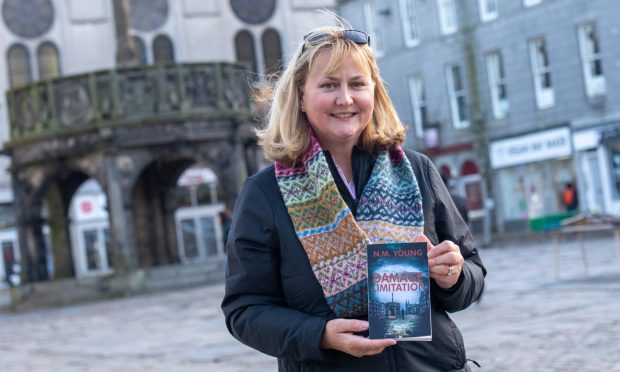
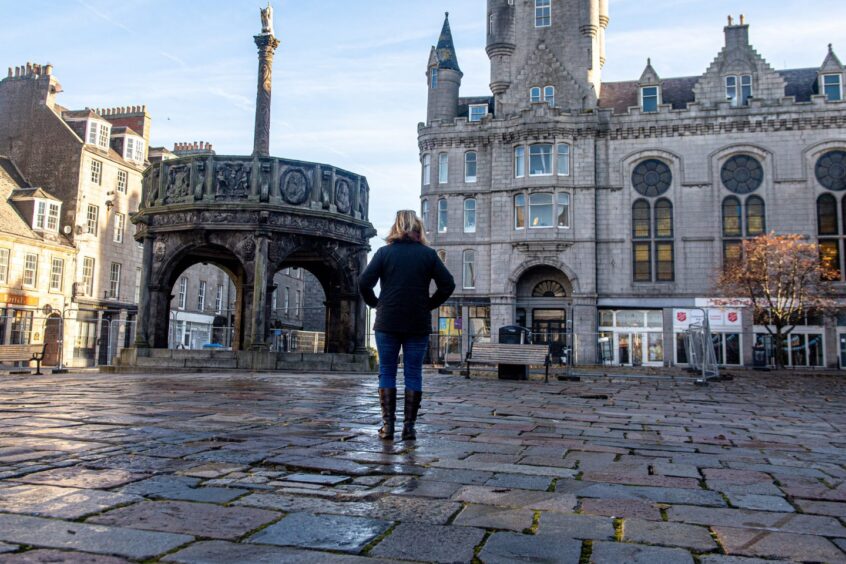
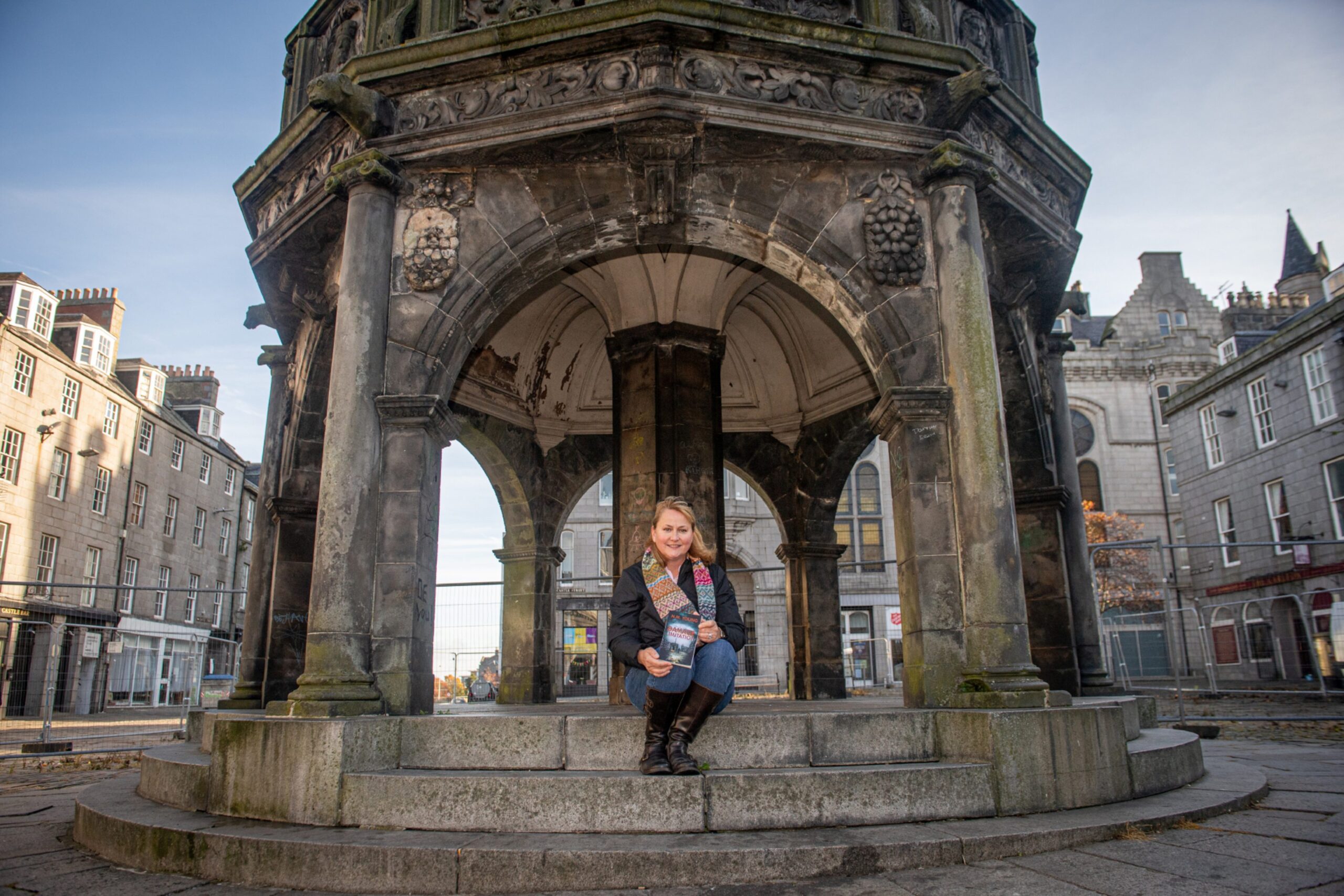
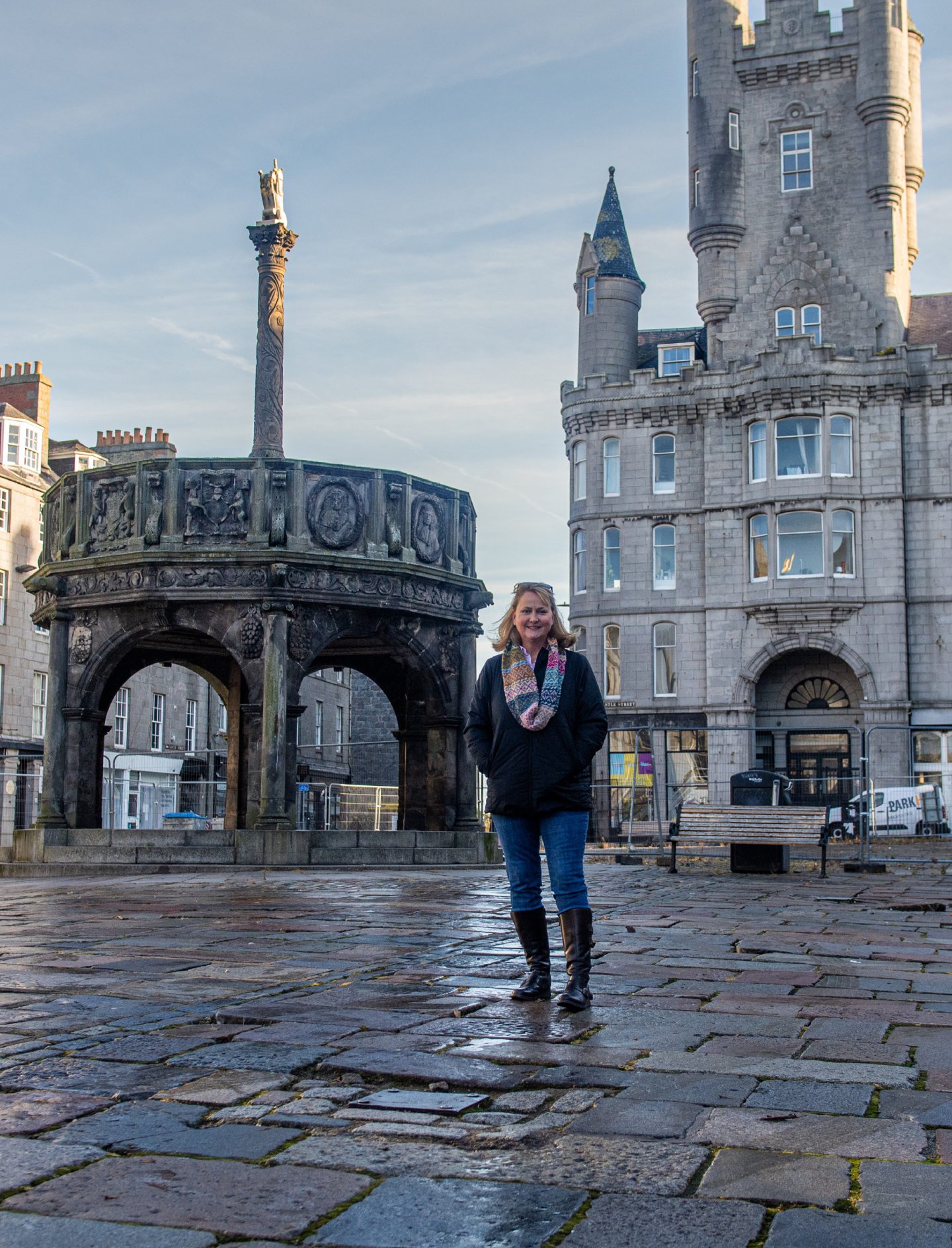
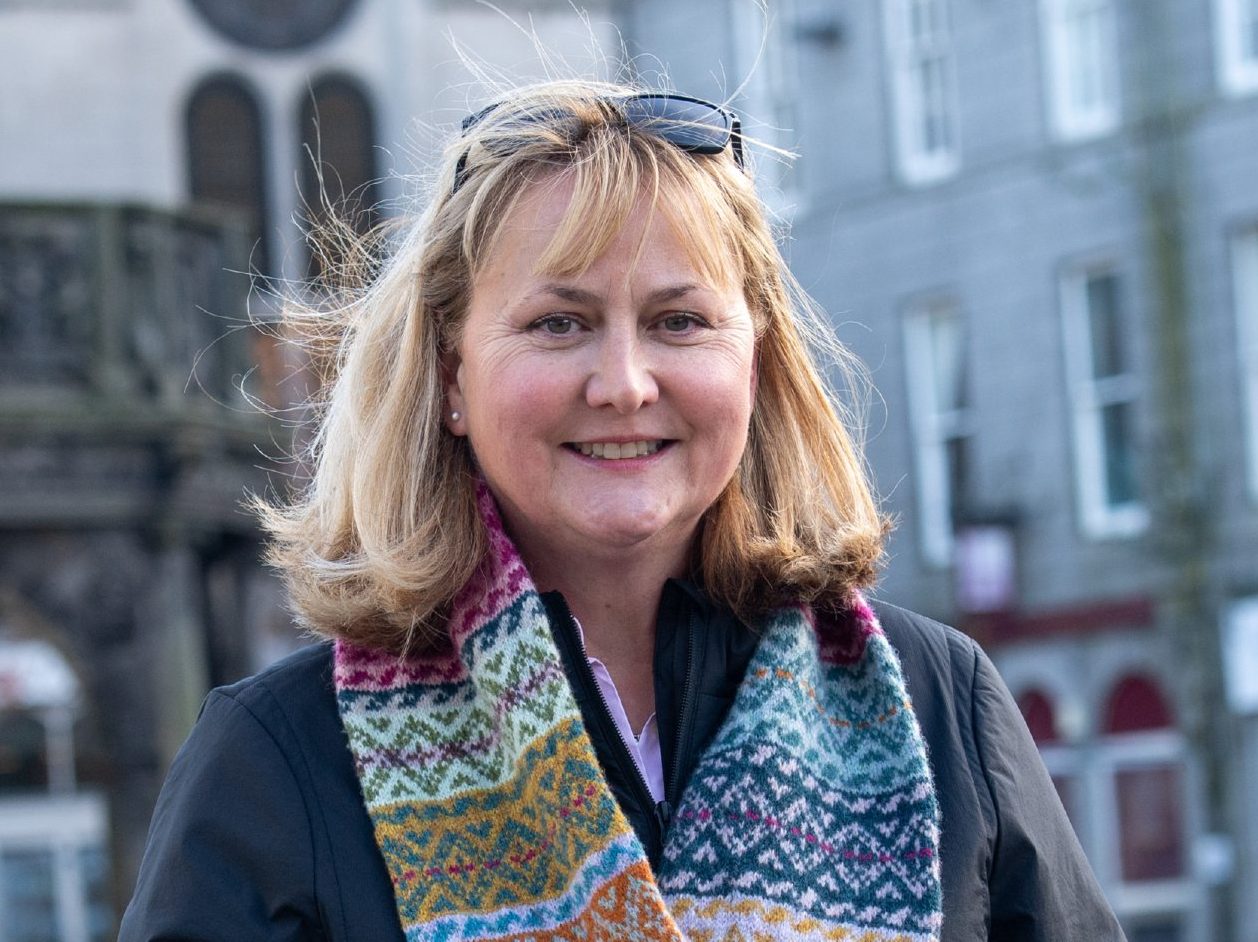
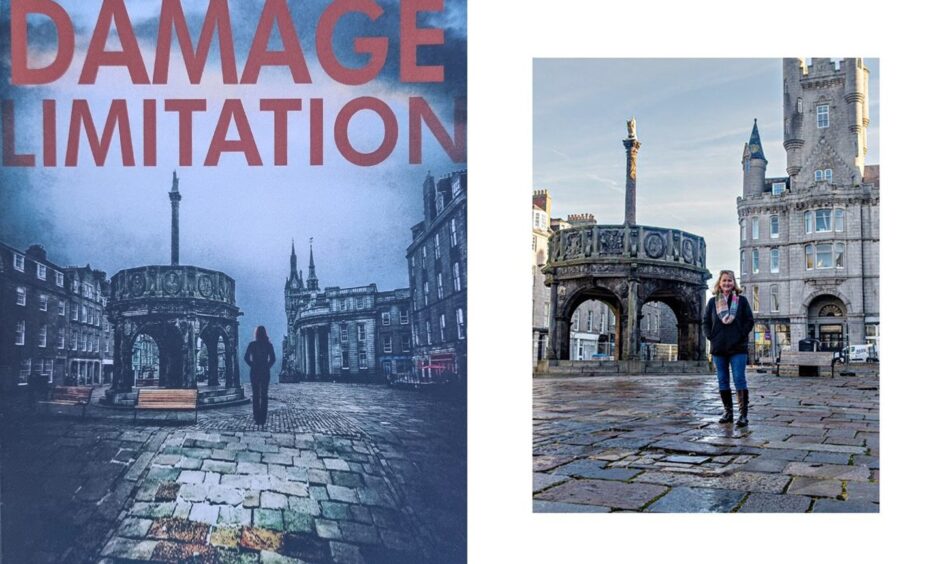
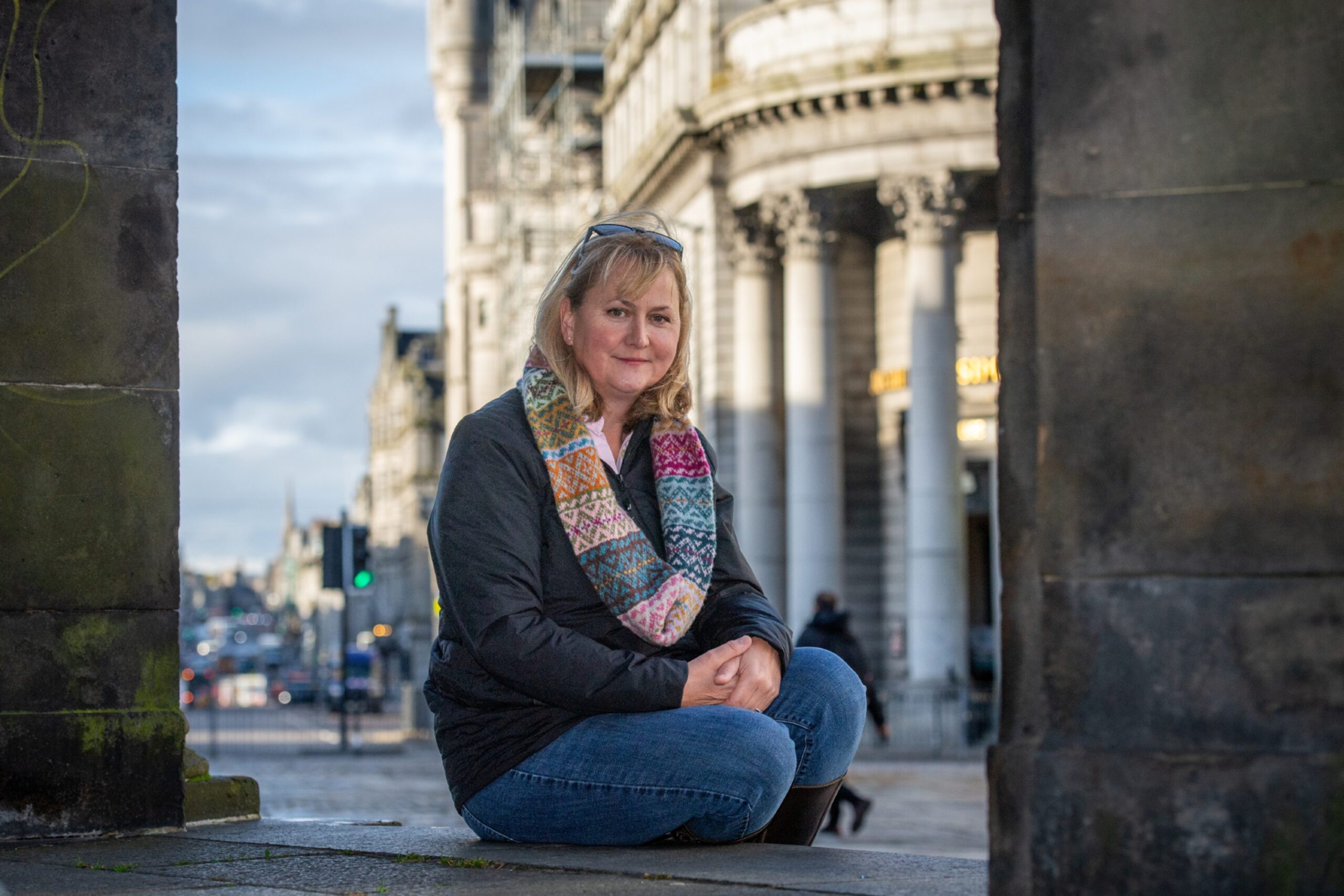
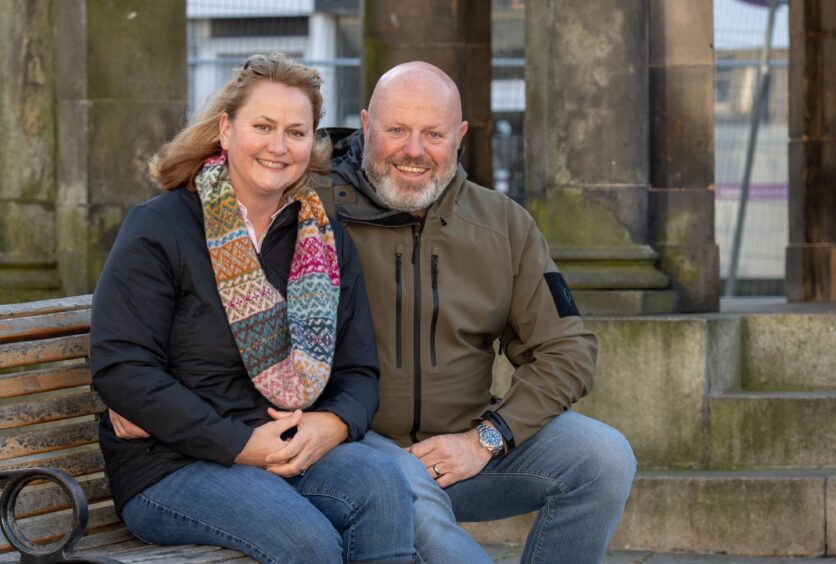
Conversation